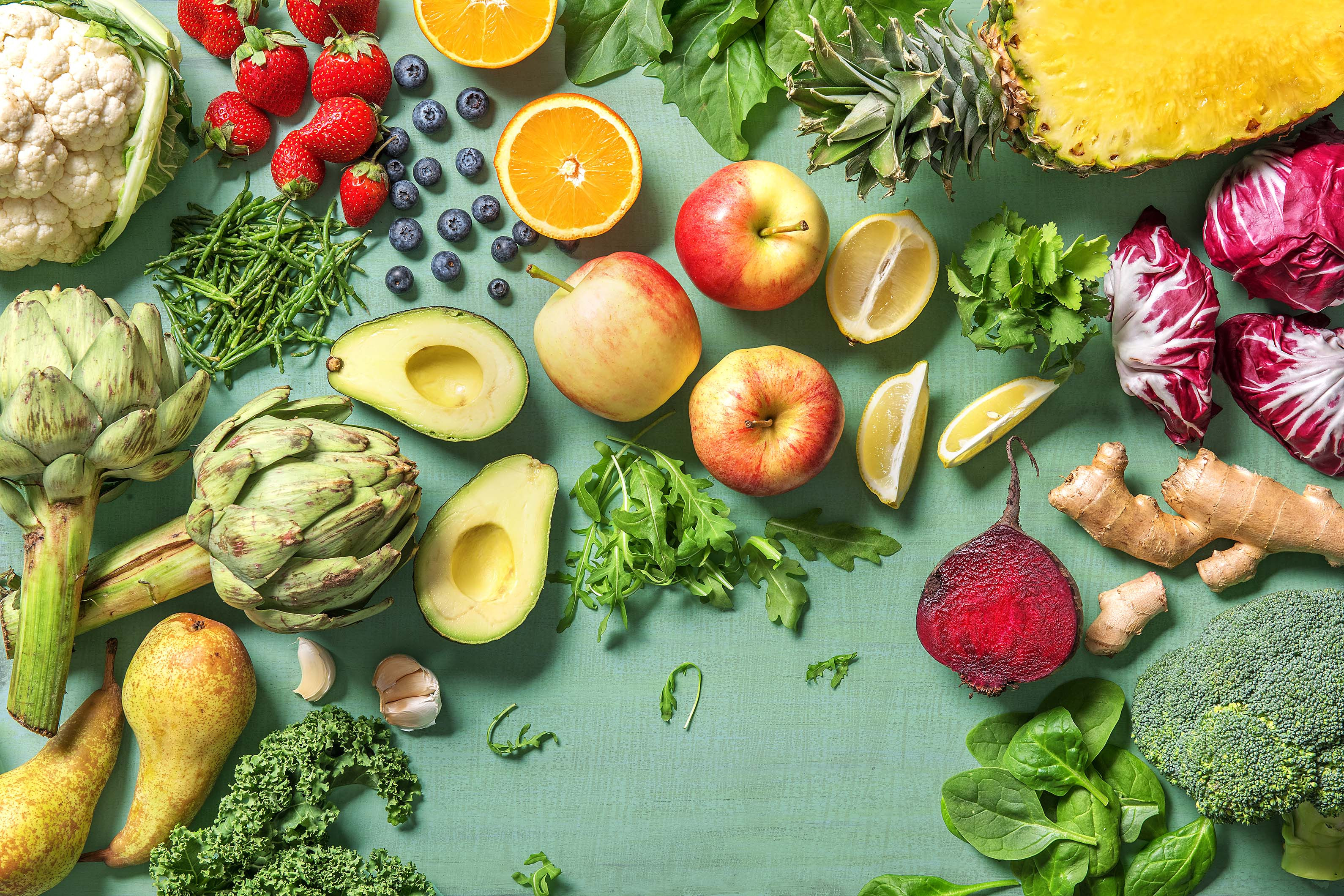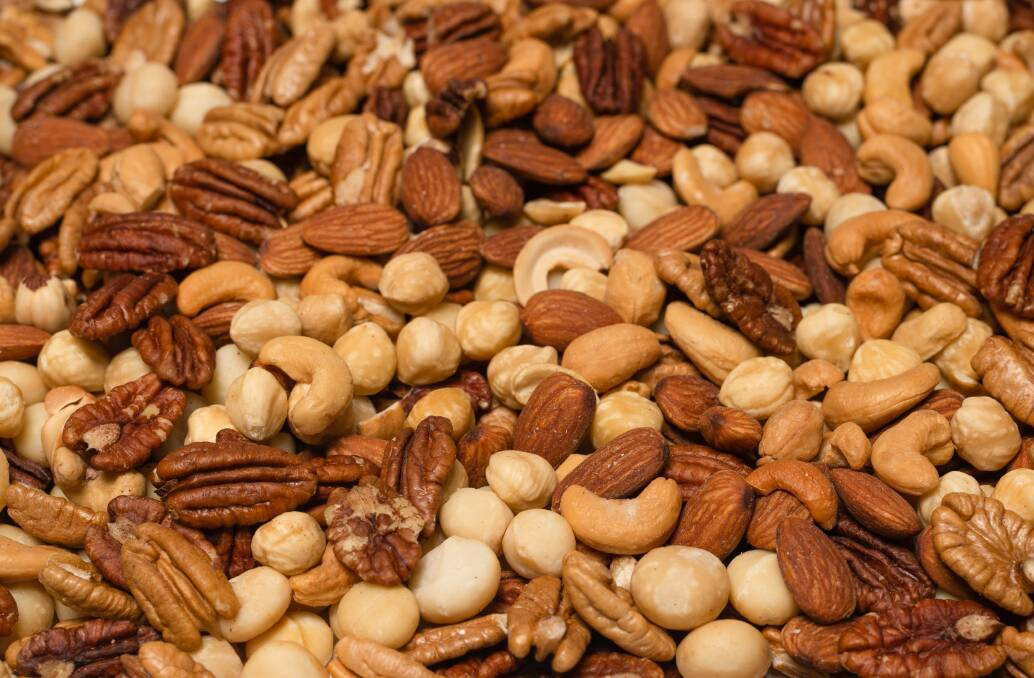Australia is set to see a significant boost in its fruit and nut production as an AUD 41 million (approx. $27.6 million) initiative aims to develop new varieties of almond, apple, citrus, macadamia and mango. This five-year programme, funded through Hort Innovation’s Frontiers investment scheme, brings together researchers from institutions such as Queensland University of Technology (QUT), Murdoch University, University of Queensland and Western Sydney University.
The project focuses on creating smaller, high-density orchards to increase yield and incorporate automation, easing labour shortages. The new varieties will offer improved storage, quality, nutritional content and climate resilience, supporting sustainable production of Australian-grown fruit and nuts.
This new initiative is part of a larger effort to enhance the Australian horticulture industry, which is valued at $16.3 billion. The Frontiers program, introduced in June 2024, aims to invest an additional $500 million over the next decade into research and development. This tree crop program is one of the first projects to be announced through this investment.
The project aims to develop smaller, high-density orchards for higher yield, supported by automation to reduce the pressures caused by labour shortages. The new varieties will also feature highly desirable traits such as better storage and quality, higher nutritional content and climate resilience for sustainably-produced Australian-grown fruit and nuts.
Hort Innovation chief executive officer Brett Fifield said this investment would prepare tree crop industries for a more productive and profitable future.
“Equipping plant breeders with the tools they need to develop genetics for the next generation of orchards will support the horticulture industry to enhance resilience to climate change and diseases, find efficiencies through the adoption of automation technologies, and increase productivity,” said Fifield.
“In the long-term, this program will enable the development of new varieties of almond, apple, citrus, macadamia and mango to ensure their long-term viability and global competitiveness.”
Focus on Genomics and Climate Resilience
The program builds on more than five years of researching tree genomics and crop physiology to enhance orchard production systems and develop new tree crop varieties in collaboration with national levy and publicly funded breeding programs. This research is crucial for developing varieties with beneficial traits like disease resistance, climate resilience, and improved fruit quality.
Smaller Orchards, Higher Yields
QUT program director Professor Peter Prentis said the program has a focus on maximising resources.
“To maximise space and resources in next generation orchards, this program will focus on the development of smaller, less vigorous tree varieties planted at higher densities,” Professor Prentis said.
“These smaller, high-density orchards will maximise yield per unit area and support the implementation of automated management tools that will help growers improve their productivity at reduced costs.”
“The research will then flow directly to active breeding programs that can use this knowledge and these tools to assist them in accelerating the development of new fruit and nut varieties for Australian producers.”
The Future of Orchard Production
This initiative has the potential to revolutionize the Australian fruit and nut industry. By developing new varieties with desirable traits and incorporating automation into orchard management, the program aims to improve productivity, efficiency, and sustainability. This will help Australian producers remain competitive in the global market and ensure the long-term viability of the industry.
The Power of Collaboration
The project is a testament to the power of collaboration. By bringing together researchers from different institutions and industry stakeholders, the program leverages expertise and resources to achieve a common goal. This collaborative approach is essential for tackling the complex challenges facing the fruit and nut industry.
Looking Forward
The success of this program will depend on the commitment of researchers, breeders, and growers. By working together, they can create a more sustainable and profitable future for the Australian fruit and nut industry.
Collaboration and Innovation: The Key to Success
The AUD 41 million initiative exemplifies the collaborative spirit and innovative drive within the Australian horticulture sector. By combining scientific expertise with industry insights, the project aims to develop resilient and high-yielding varieties for the next generation of orchards.
This ambitious undertaking reflects a commitment to the future of Australian fruit and nut production. With its focus on genomics, climate resilience, and automation, the program holds the potential to transform the industry, ensuring its continued success for years to come.


















